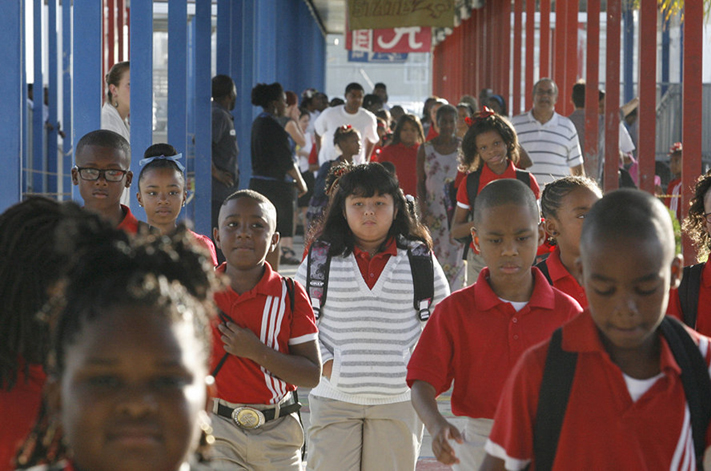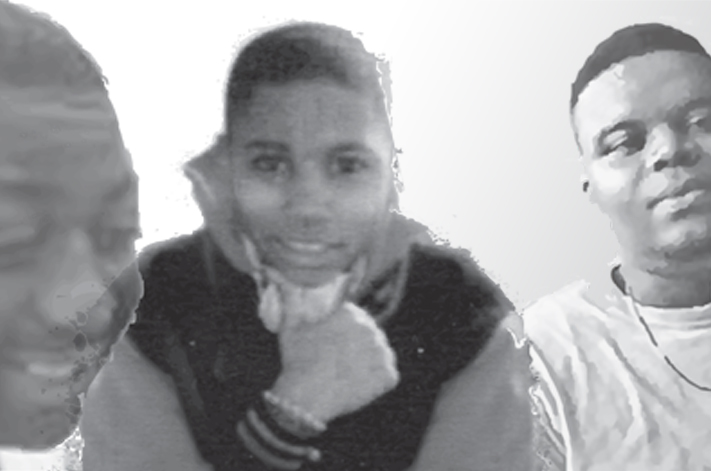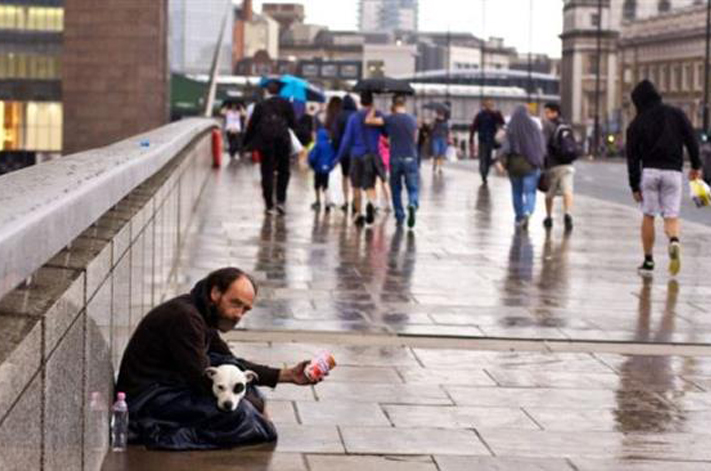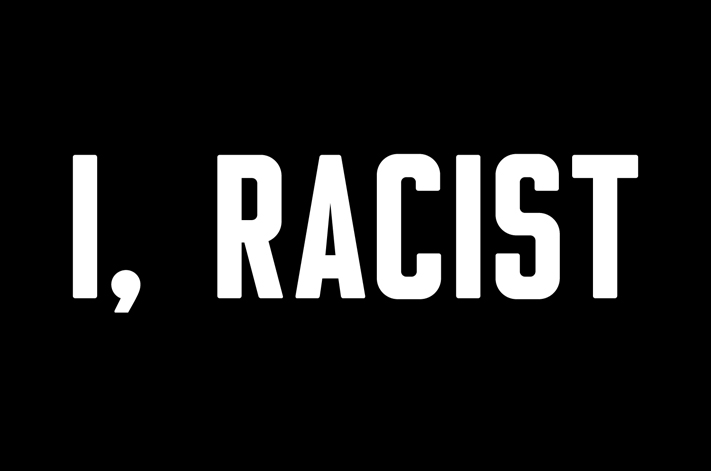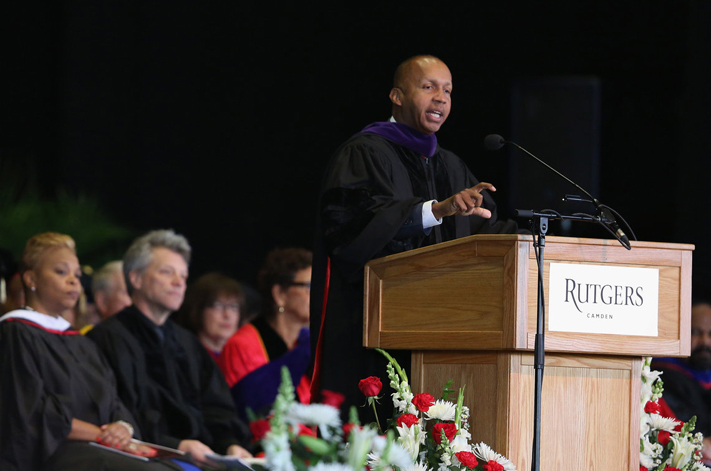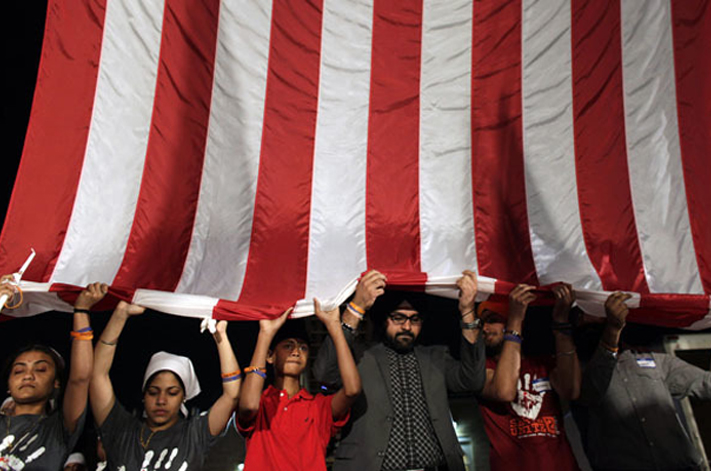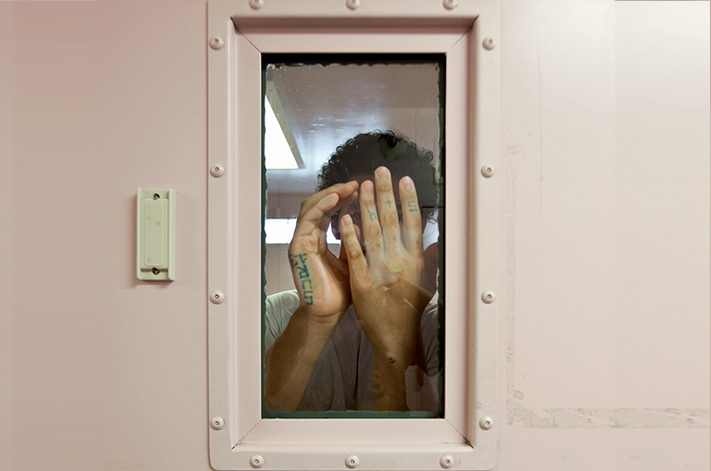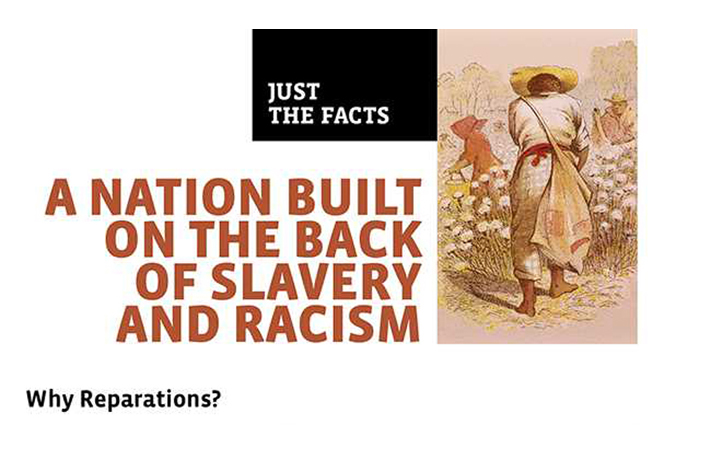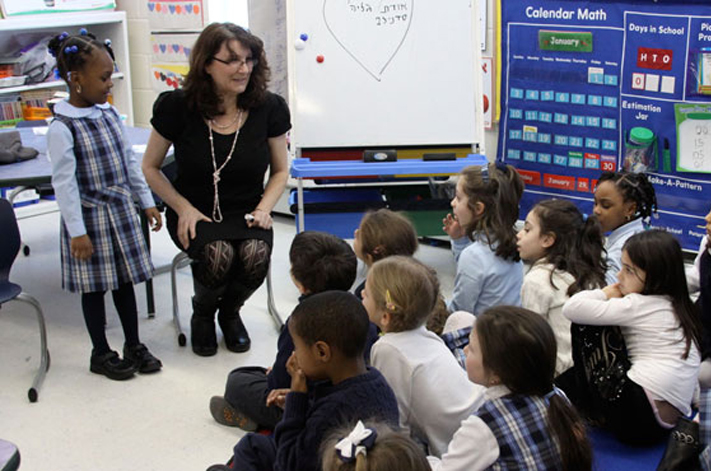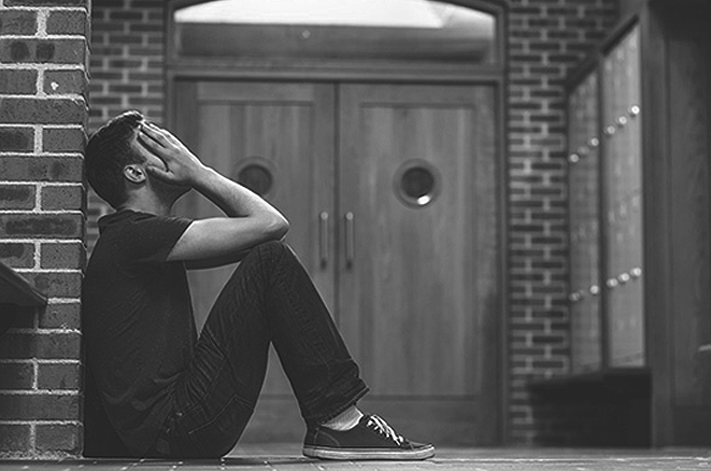Project Description
The 'Acting White Theory' Doesn't Add Up
Show Me the Numbers: Why the academic achievement gap is not rooted in black anti-intellectualism.
(The Root) — Do black students purposefully underachieve because they attribute being smart to “acting white”? For more than a decade, academics, policymakers and cultural critics have publicly chided black children for having an anti-intellectual attitude, based on the “Acting White Theory.”
The Acting White Theory originated in the 1980s with Dr. John Ogbu’s ethnographic research and is commonly used to explain present-day “achievement gaps” between black and white students. Today the Acting White Theory has its own Wikipedia entry and was mentioned by then – Sen. Barack Obama in 2004, when he said, “Children can’t achieve unless we raise their expectations and turn off the television sets and eradicate the slander that says a black youth with a book is acting white.”
The Acting White Theory seems to have particular cachet among flatulent (in the sense of being pompously and portentously overblown) black people who feel a certain disdain toward the less refined (pejoratively “ghetto”) aspects of the black community. Many of them have been called “sellouts,” which reinforces a key tenet of the Acting White Theory. Other scholars, such as Edward Rhymes and Michael Eric Dyson, push back against the theory. In his book Acting White? Rhymes states: “Somehow many African Americans (usually the affluent, disconnected ones) have swallowed this misconception about African-American youth being anti-intellectual and anti-education. This ideology concerning nerds and geeks did not originate in the African-American community, but in predominantly white, middle-class, suburban communities.”
The Acting White Theory is difficult to assess through research. Many scholars who claim to find evidence of this theory loosely interpret their data and exploit the expert gap to sell their findings. One of the best examples of this is Roland G. Fryer’s research paper (pdf) “Acting White: The Social Price Paid by the Best and Brightest Minority Students.”
Here Fryer uses the Add Health data to demonstrate, in a nutshell, that the highest-achieving black students had fewer friends than high-achieving black students. In his study, black students with a 3.5 GPA had the most friends of all academic levels, those with a 4.0 had about as many friends as those with about a 3.0 and those with less than a 2.5 had the fewest friends of all.
Overall, contrary to the study title, Fryer’s research clearly demonstrates that the “social price” paid by the lowest-achieving black students is far greater than the so-called price paid by the highest-achieving black students. Moreover, methodologically, the study has to make the ostensible leap that the number of friends a black student has is a direct measure and a consequence of acting white. Interestingly, Fryer used the same mammoth dataset that Satoshi Kanazawa used to pseudoscientifically “prove” that black women (actually teenage girls) are less attractive (actually rated less attractive by adult raters of an unknown racial background) — but I digress.
Beyond the confirmation bias and social anecdotes, many studies, including a recent study by Tina Wildhagen in the Journal of Negro Education, disprove the Acting White Theory. In my own research (pdf), I have noticed a “nerd bend” among all races, whereby high — but not the highest — achievers receive the most social rewards. For instance, the lowest achievers get bullied the most, and bullying continues to decrease as grades increase; however, when grades go from good to great, bullying starts to increase again slightly. Thus, the highest achievers get bullied more than high achievers, but significantly less than the lowest achievers.
Another concept that is firmly established in educational research literature is the “attitude-achievement paradox.” For more than three decades, researchers have found that black students consistently exhibit more positive attitudes about education than white students, contrary to their lower levels of academic achievement.
What Black Kids Think About Being Smart
In the most pointed question, students were asked, “Thinking about the kids who get good grades in your school, which ONE of these best describes how you see them: 1) cool, 2) normal, 3) weird, 4) boring, or 5) admired?” Response differences between black males, black females, white males and white females were not statistically different; however, at 17 percent, black males were the most likely to consider such students “cool.”
Among the other students, there were 11 to 12 percent who considered students who make good grades “cool.” The vast majority (about 60 percent) of all students, regardless of race or gender, considered kids who make good grades “normal,” and rarely considered them to be “weird” or “boring.”
Another question asked, “In general, if you really did well in school, is that something you would be proud of and tell all your friends about, or something you would be embarrassed about and keep to yourself?” Eighty-nine percent of all students said they would be “proud and tell all.” At 95 percent, black females were the most likely to be proud of doing well in school. At 17 percent, white males were the most likely to be “embarrassed or keep to self” or report that they “did not know.” Corresponding feelings of embarrassment or dissonance for black males was 10 percent and 4 percent for black females.
The final question that related to feelings about being smart was, “In general, how would your friends react if you couldn’t hang out because you were doing homework or studying for school? Would they 1) be supportive of you, 2) make fun of you or try to disrupt you, or 3) they wouldn’t care one way or the other?” At 45 percent, black females were the most likely to say their friends would be supportive, with black males and white females tied at 40 percent. White males were significantly lower. Only 24 percent of white males reported that their friends would be supportive.
What Black Kids Think About College
When responding to the question, “Would you say most of your friends probably will or probably will not go to college?” black male and female students were significantly more likely to respond, “Will not.” Forty percent of black males and 31 percent of black females stated that their friends probably would not go to college, compared with 23 percent of white males and females.
When asked the question, “What do you think your friends would like more: If you go to college, OR if you don’t go to college, OR your friends would not care either way?” black students were more likely to report that their friends wanted them to go to college. White students were more likely to state that their friends would not care either way.
Several factors were revealed that discouraged black students from pursuing college. More than one-third of all black students who decided not to attend college stated that they could not afford it. Ten percent of black males stated that they did not have enough information about college. Fifteen percent of black females elected not to go to college for “family reasons,” compared with zero percent of black males. Black females were the most likely to report being stressed about college when compared with other race groups.
What Black Kids Need to Be Successful
Schools
Teachers
Safety
Neighborhood safety also significantly influenced academic success. When responding to the prompt, “Generally speaking, I feel safe in the area where I live,” black students who were reported high achievers were more likely to respond, “Always.” However, generally black students across levels of academic achievement felt less safe than white students.
Parents
The contrary was true for black females, who demonstrated stronger academic achievement when their mothers had a college degree. Understanding these findings within the context of other ethnic groups provides further insights into possible reasons black males are underperforming in schools. African-American males were almost twice as likely as Asian Americans or European Americans to have a father who did not complete college.
Another aspect of parenting that had a significant impact on black students’ academic progress was a parent’s involvement with school. When analyzing similar parenting practices with a separate dataset, the strongest parenting indicators of academic success were two holistic factors: parents who often told children they were proud of them, and parents who let students know when they did a good job. Interestingly, although probably important for other aspects of development, restricting children’s behavior, such as time spent with friends or watching TV, did not produce significant effects on grades.
Conclusion
The problem with the Acting White Theory is that it promotes the misconception that black students underachieve because of their corrupted attitudes. Meanwhile, many black students are relegated to under-resourced schools, and they lack motivation because of low expectations from teachers and school leaders, unfair discipline and fewer opportunities for academic enrichment.
Overall, education is most effective when it promotes positive, school-related growth experiences, with particular emphasis on teacher-student relationships, didactic learning and emotional support. Positive parent-child communication — including parents expressing praise and helping with homework and cooperative parenting arrangements — also promotes academic success among black students. It is critical that academic support and resources are provided to all students, particularly those from low-income areas. In addition, through civic engagement, volunteerism and sports, academic functioning and peer relations could be improved. Most important, educators must advocate for policies that reduce racial disparities in income and increase equity and inclusion in education.
Ivory A. Toldson, Ph.D. is a tenured associate professor at Howard University, senior research analyst for the Congressional Black Caucus Foundation, editor-in-chief of the Journal of Negro Education and contributing education editor for The Root. He can be contacted at itoldson@howard.edu. Follow him on Twitter.
This piece was reprinted by EmpathyEducates with permission or license. We thank the Author Ivory A. Toldson, Ph.D. and The Root for their kindness and profound wisdom..
